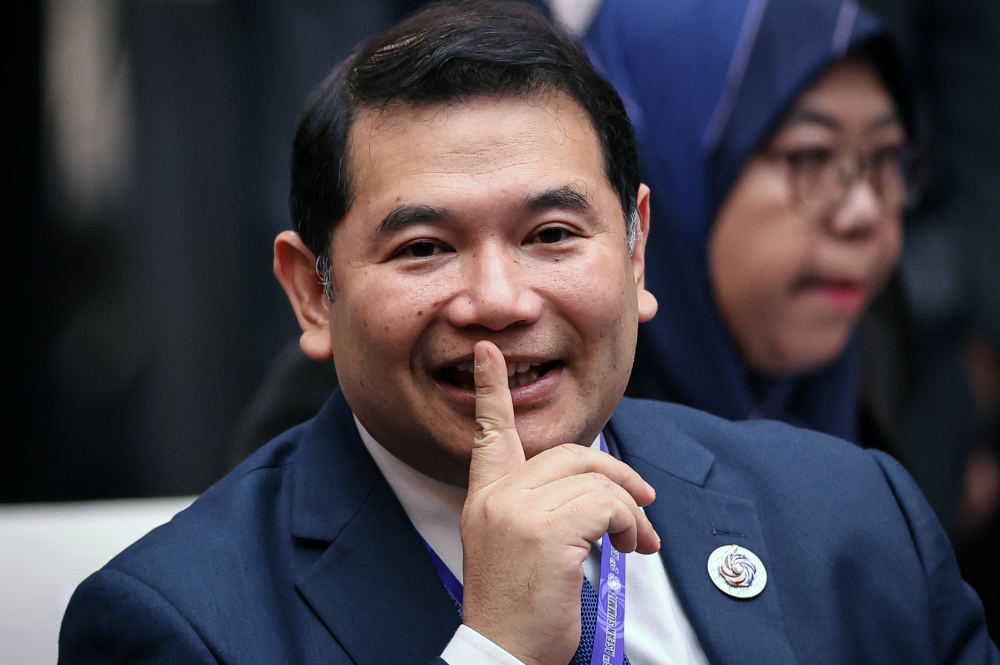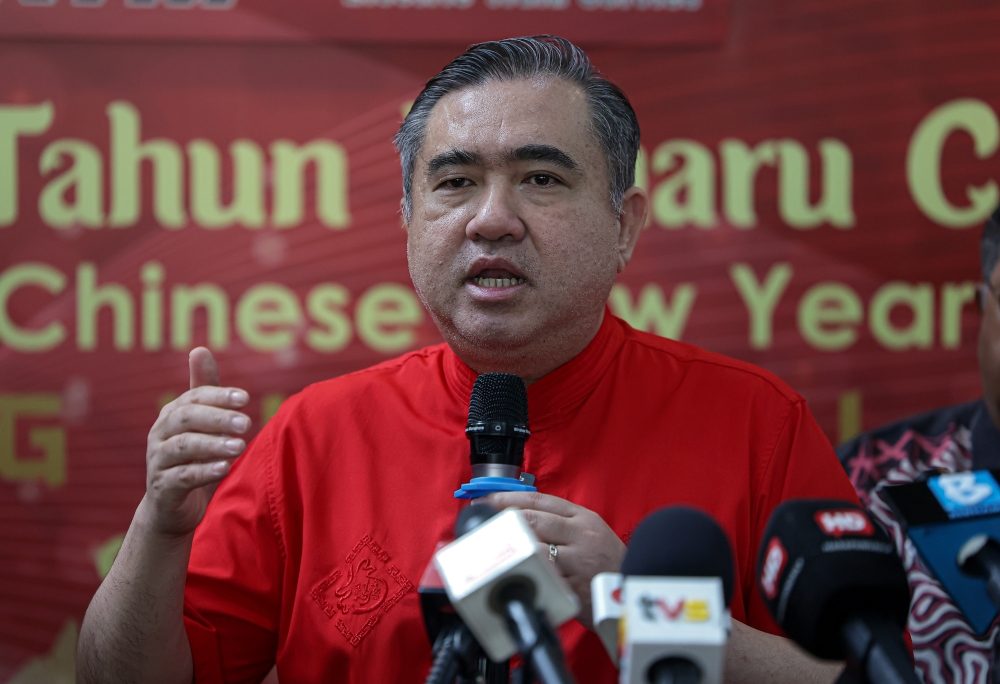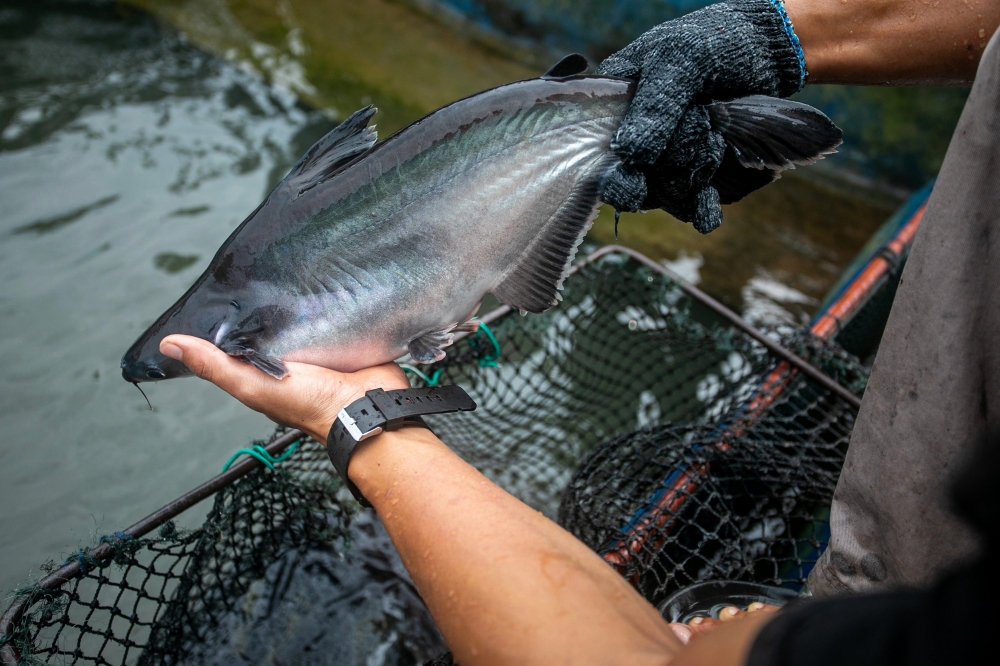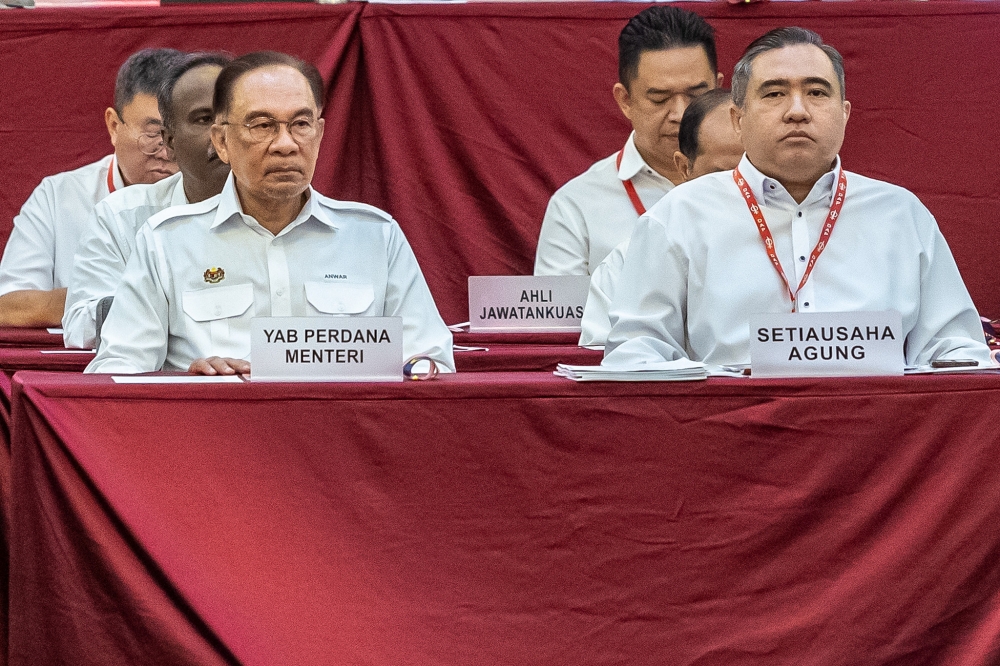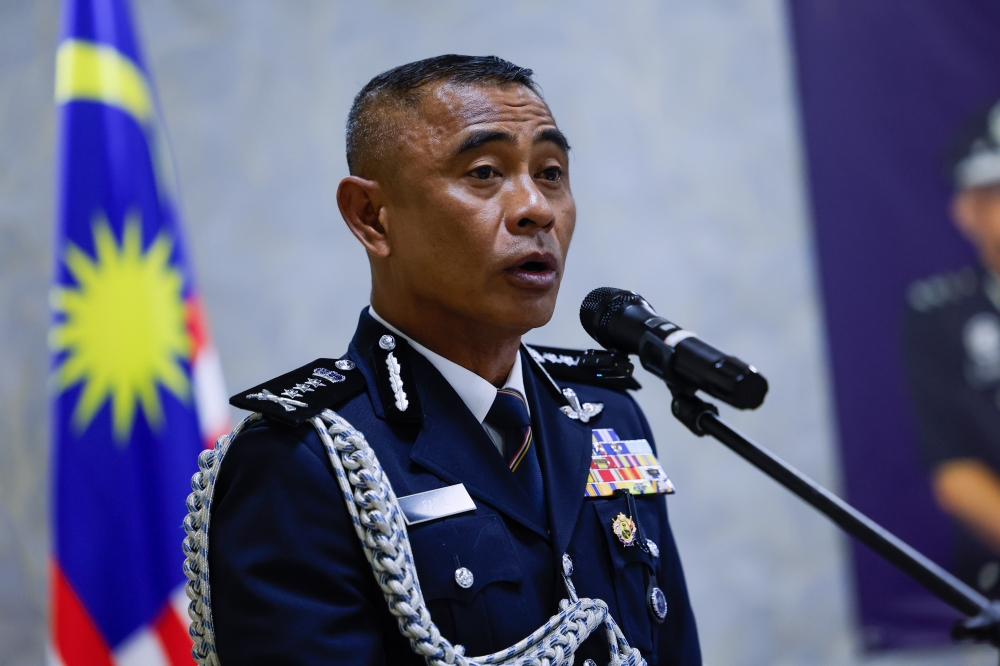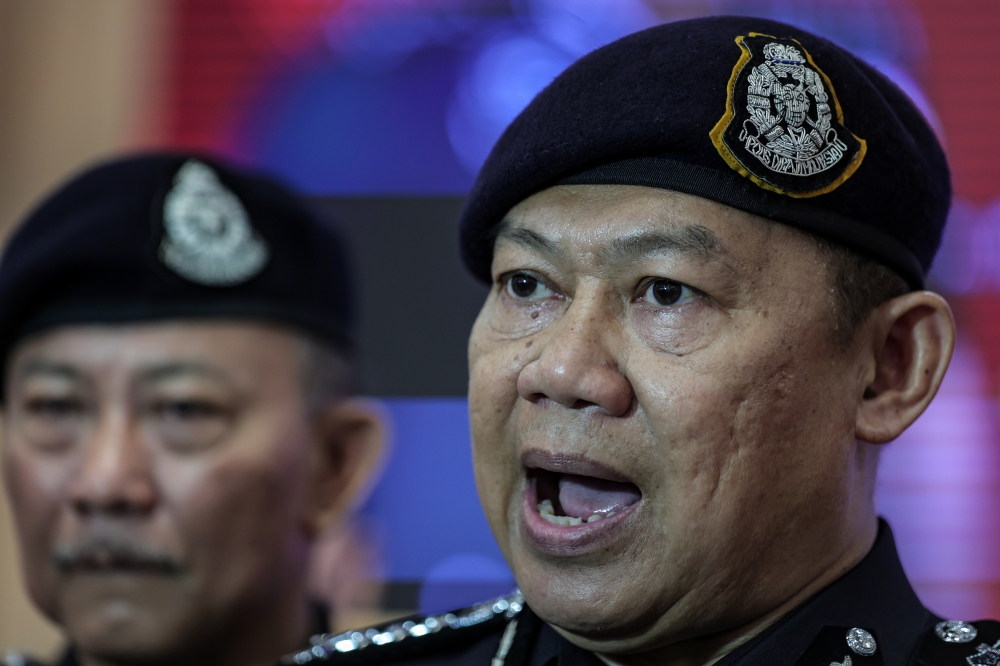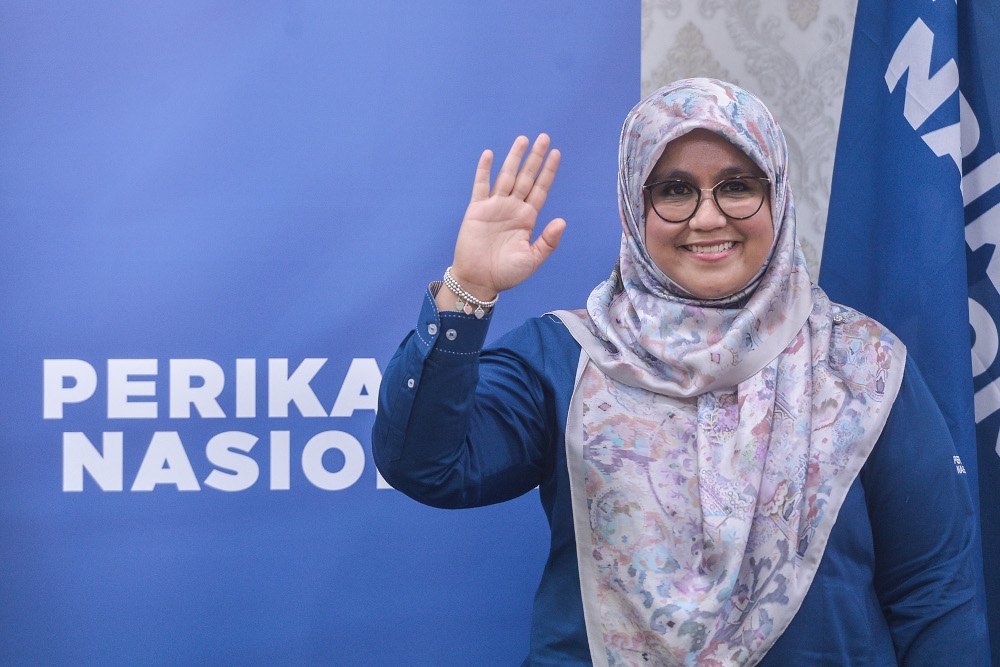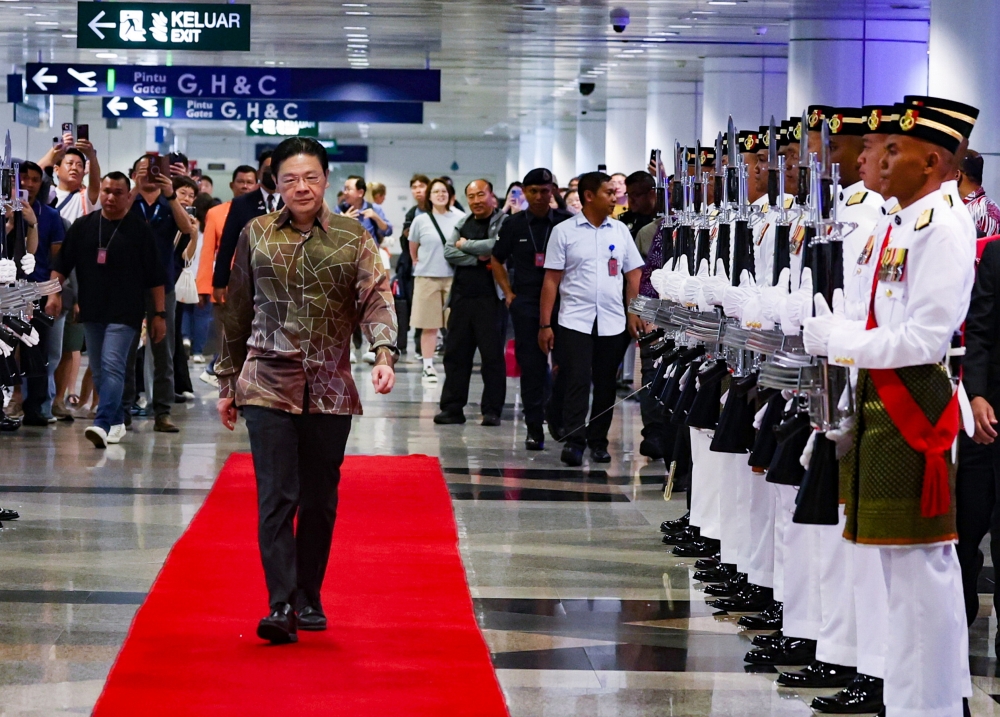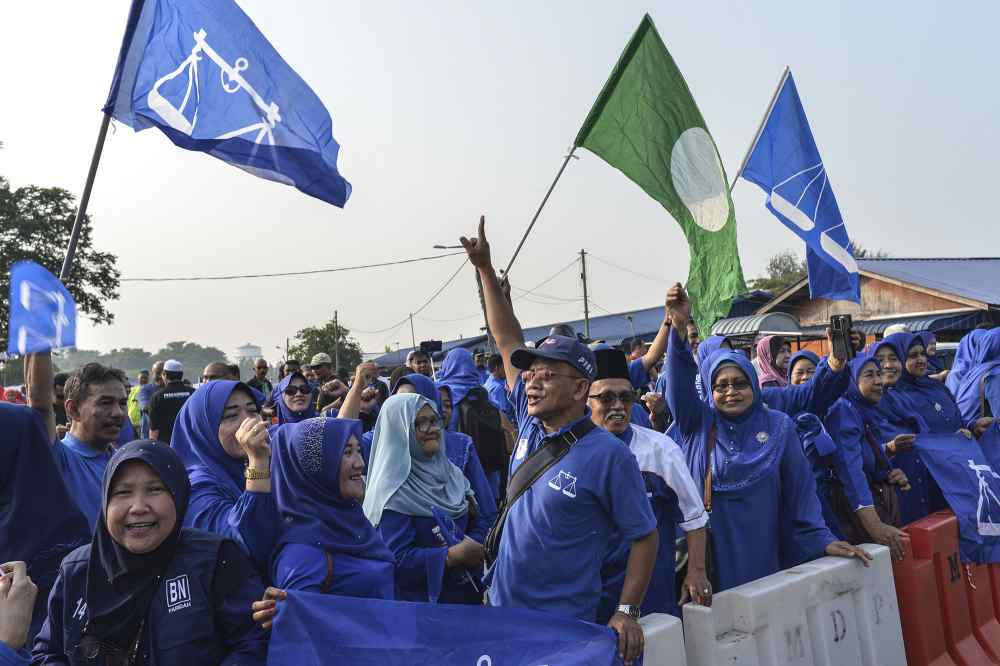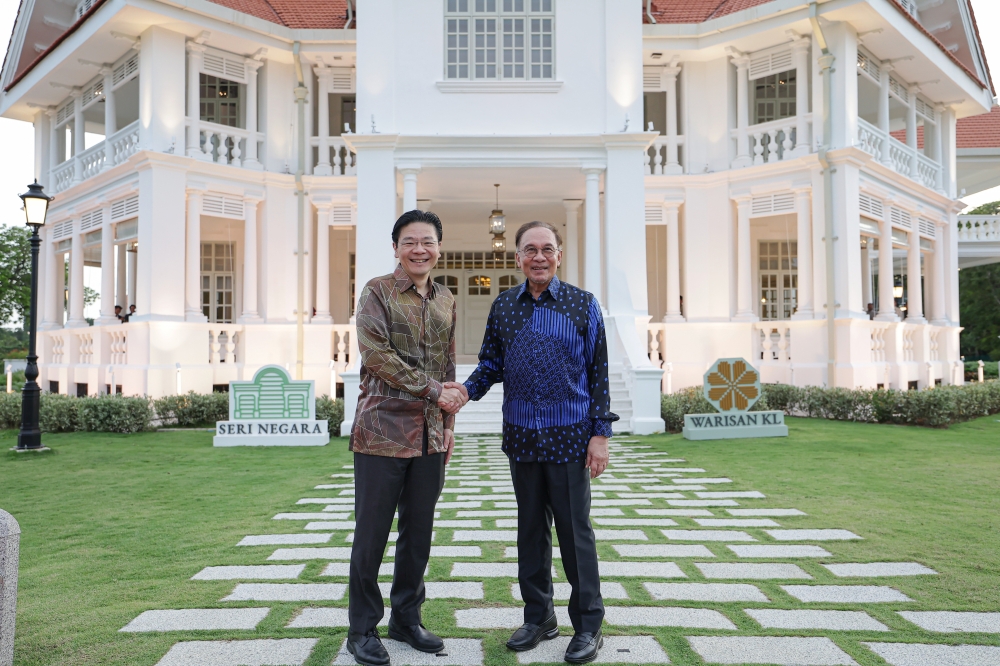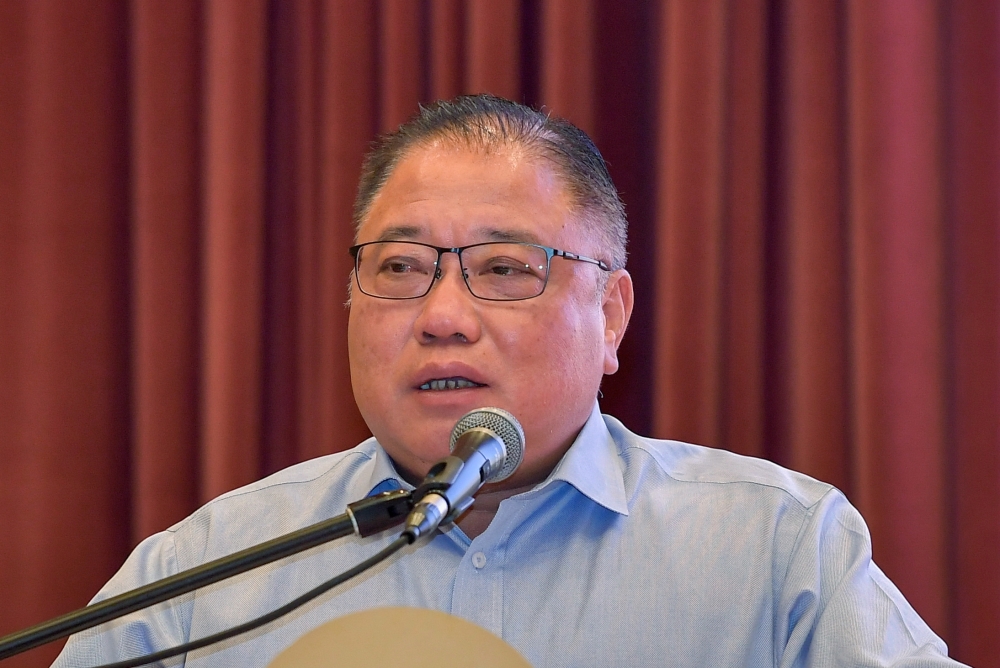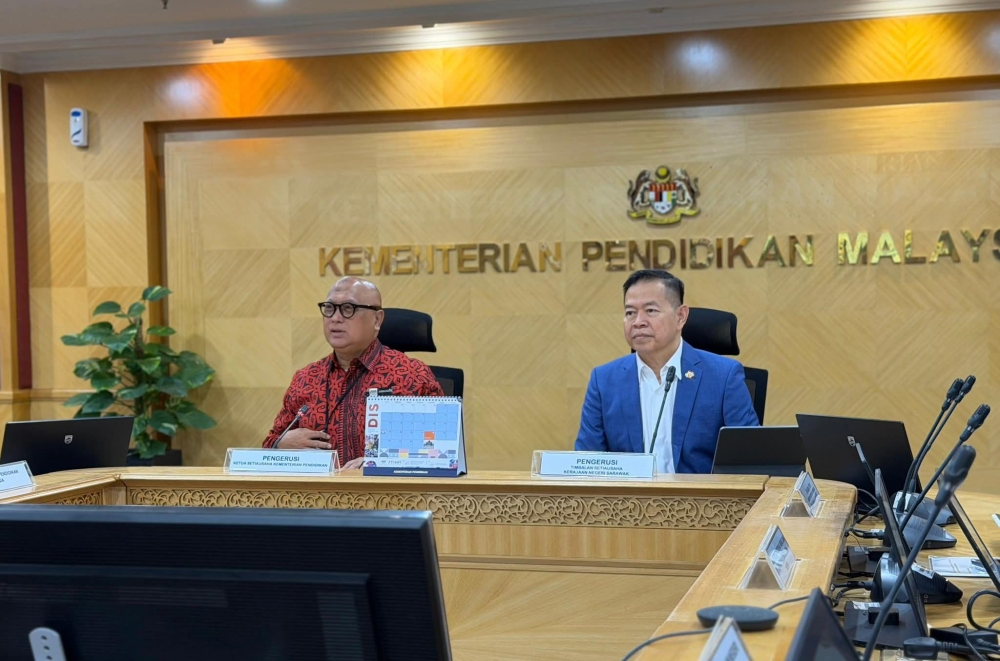KUALA LUMPUR, Nov 15 — Despite conflicting ideologies, analysts believe support for PAS will not wither nor will they face issues following their alliance with MCA.
Pundits say this is because the Chinese party is still struggling to command any form of tangible support and is fighting tooth and nail to remain politically relevant.
In fact, they see PAS gaining more than MCA even if the latter wins the Tanjung Piai by-election, and that both parties are in search of “momentary electoral convenience” leading up to GE15.
Oh Ei Sun, a senior fellow of the Singapore Institute of International Affairs told Malay Mail that MCA is in no position to challenge PAS, and will therefore not publicly object to the Islamist party’s plans for hudud.
“So for the moment, in order to prolong its political relevance, MCA sorely needs the Malay votes which overwhelmingly voted for Umno and PAS in the last general election, and therefore it (MCA) would not unduly upset both its BN (Barisan Nasional) affiliation and its indulgence of MN (Muafakat Nasional).
“To MN, MCA is nice as some sort of multiracial window dressing, but it’s not as crucial electorally as the other way around, as Chinese support for MCA is not significant,” said Oh.
Universiti Teknologi Malaysia (UTM) Geostrategist Prof Azmi Hassan believes PAS is in a more favourable position than MCA, with the Chinese party more in need of the support guaranteed by MN, and not the other way around.
“So with that in mind, I think PAS supporters are quite comfortable since GE15 is the real target, and more likely so as they wish to be part of the federal government with Umno’s help,” said Azmi.
Azmi asserted out how PAS was good at camouflaging sensitive issues that contradicted their political ideals to gain political mileage, something clearly demonstrated by them accepting the nomination of MCA Datuk Seri Wee Jeck Seng for the upcoming Tanjung Piai by-election.
“I think PAS is practicing a very pragmatic political strategy or in other words being very realpolitik in nature,” said Azmi.
He said he felt that PAS’ pragmatic approach would allow its leaders to pacify supporters with believable reasons to command consistent support while cooperating with an ideologically opposite party, similar to how they handled the situation when they teamed up with DAP in the now-defunct Pakatan Rakyat coalition.
“Taking into (account the) hudud issue alone, it does not make sense of PAS supporting the MCA candidate because it smacks against their political principals.
“But I think their supporters accepted their leaders’ explanation that the benefits of MN override the said contradictions,” he said.
Similarly, University Putra Malaysia political scientist Prof Jayum Jawan said that the coalition would find it hard to bank on the support of parties other than Umno to gain federal power, with BN’s MCA and MIC unable to demand too much after experiencing embarrassing defeats during the 14th General Elections (GE14).
“So MCA and MIC can’t be saying too much. They need to regain the trust of their respective community before they will be taken seriously by Umno,” said Jayum.
He said the decision to field a Chinese candidate at the upcoming by-elections was part of a long-term understanding between the Barisan Nasional component parties, and in a way extending an olive branch to MCA for a chance to prove itself.
“(BN is) giving MCA an opportunity to reclaim its Chinese support, to show MCA is still relevant for the Chinese community,” he said.
Longevity of BN and MN
Oh, who suggested how local politics revolved around mutual reinforcement for each others’ benefits, said he felt the BN and MN partnership would be able to survive, as long as both sides do not employ hardline stances and get selfish in pushing for their own political agendas.
He said a party like MCA, with their existing party assets, would be able to weather the storm of losing out on more than one election cycle, but would most certainly take advantage of any chance to reverse its current political fortunes.
“Such an alliance will survive as long as there is a political need and if it is not politically poisonous, such as if PAS goes full throttle on hudud.
“MCA is brimming with party assets so it can function long beyond many election cycles, so it can more than afford to sit out its electoral downturn, but of course it would also seek reversal of its political fortune meanwhile, including through such an alliance,” he said.
UTM’s Azmi said he felt the cooperation between the two coalitions would last at least until the next general election, adding that PAS’ approach to work alongside MCA would not present too many issues to the Islamist party given MCA’s weakened support base.
“MCA being minnows come GE15 seat allocations, it will not be a huge hindrance for PAS and MCA working together,” he said.
Jayum on the other hand said the overarching issue on who would come out victorious in the next general election depended on how well the coalition portrayed itself as champions of key values, namely cooperation, tolerance, to give-and-take, and accommodation, regardless if it is BN alone or together with MN.
He said BN’s defeat in the last elections was due to individual politicians within the coalition who did not exhibit these key values, as voters rejected the component parties and not the coalition as a whole.
“The success of BN to return to power or Pakatan Harapan in sustaining its hold on power depends very much on how either party translates these values in appeasing the modern voters who have become more sophisticated and diversified,” he explained.

